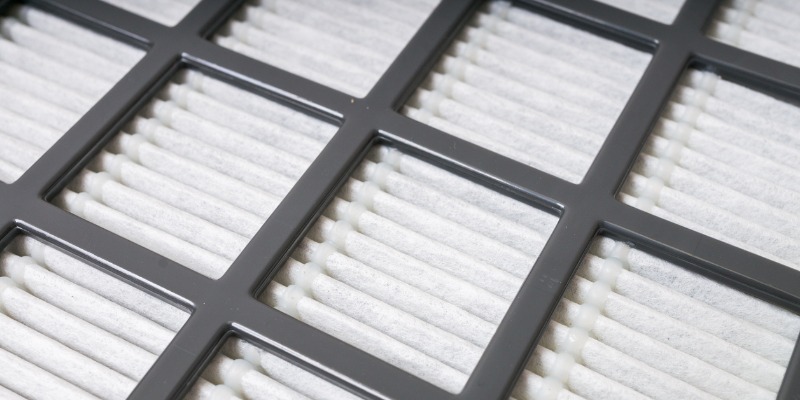In order to keep your furnace working optimally during cold weather periods, you need to change or clean your filter regularly. With multiple options available, choosing the right filter can be challenging. Read on to get a better understanding of your equipment with our furnace filter comparison of types and costs.
HOW ARE FILTERS RATED?
A Minimum Efficiency Reporting Value (MERV) is used to rate furnace filters. MERV ratings range from 2 to 16 for in-the-airstream filters, with a higher rating meaning that the filter can remove more particles.
Your lungs filter at a MERV 8, which means anything above a MERV 8 filter is helping you . and your family. Anything below a MERV 8 is simply keeping the equipment a little cleaner. Be careful, though, some filters boasting high MERV ratings are so tight that they restrict proper airflow.
WHAT TYPE OF FURNACE FILTER DO I NEED?
Choosing the right type of furnace filter can help your furnace run smoothly and save you money on efficiency. There are five primary types of air filters. With our furnace filter comparison below, you’ll be better equipped to get the right one for your furnace.
FLAT FILTERS
Standard flat filters are made of fibreglass and are the most common type of filter for furnaces in Canada. They are relatively thin, with a thickness of 2.5 cm to 5 cm. Pleated fibreglass filters provide more effective filtration than flat filters and are similar in size.
HEPA FILTERS
High-efficiency particulate air (HEPA) filters utilize a three-stage filtration process to keep your home clean. A pre-filter captures dust, a high-efficiency filter collects 99.7% of air particles, and a volatile organic compound filter removes odours and gases. These are bypass filters that remove some of the air from the return air duct downstream and re-introduce it to the return air duct close to the furnace after going through the filter. These types of filters typically enjoy a MERV rating of 21-22.
EXTENDED MEDIA FILTERS
Extended media filters are larger, more advanced versions of flat filters. With accordion-like woven fibres and a thickness of 20 cm to 25 cm, they must be installed professionally. These filters generally enjoy MERV ratings of 10 through 16.
ELECTRONIC AIR FILTERS
Electrically charged filters help capture tiny pollutants. By using an electrostatic precipitator, electronic air filters attract and capture pollutants in an aluminum tray that requires regular maintenance. Generally around a MERV 13 rating.
ULTRAVIOLET LIGHT
Ultraviolet UVC and UVA lights are trusted by hospitals and medical facilities to help neutralize bacteria, viruses, and other pathogens. UV lights are typically sold as an add-on to other filtration systems.
HOW MUCH DO FURNACE FILTERS COST?
The more advanced the filter technology, the more the price level increases. By evaluating variances in price, you can make sure you purchase an air filtration system that can fit into your budget. Below are some estimated costs, but really vary depending on the application:
- Flat and pleated filters: $20 – $60 each
- HEPA filters: $2200 to $2500 each, including installation
- Extended filters: $500 – $800, including installation
- Electronic filters: $700 – $1,200, including installation
- Ultraviolet Light add-on: $800 – $1,500
WHICH FURNACE FILTER IS WORTH IT?
Although flat filter designs offer the most savings upfront, they need to be replaced more frequently and may cost you more in the long run. Replacing these filters can cost anywhere from $40 to $200 a year.
While many homeowners opt for high-end models because of the potential for overall savings, there is also less maintenance involved. More complex units tend to offer better overall air filtration and catch the smallest particulate matter, an important consideration for those who want to minimize allergy triggers or simply want to reduce the dusting they do.
FIND AN HVAC EXPERT TODAY
Looking to improve the air quality in your home? Browse our network of Baeumler Approved contractors today!

